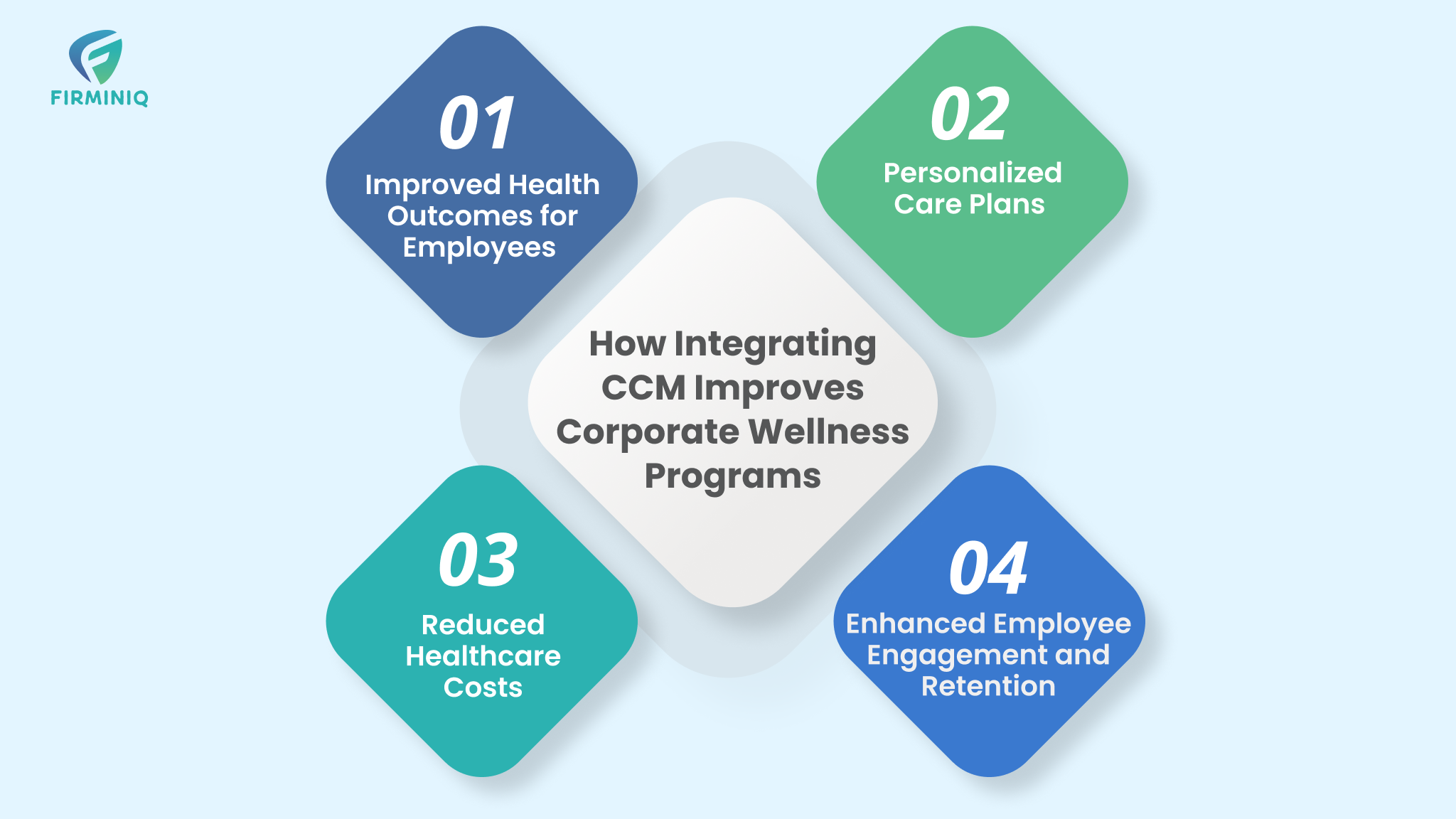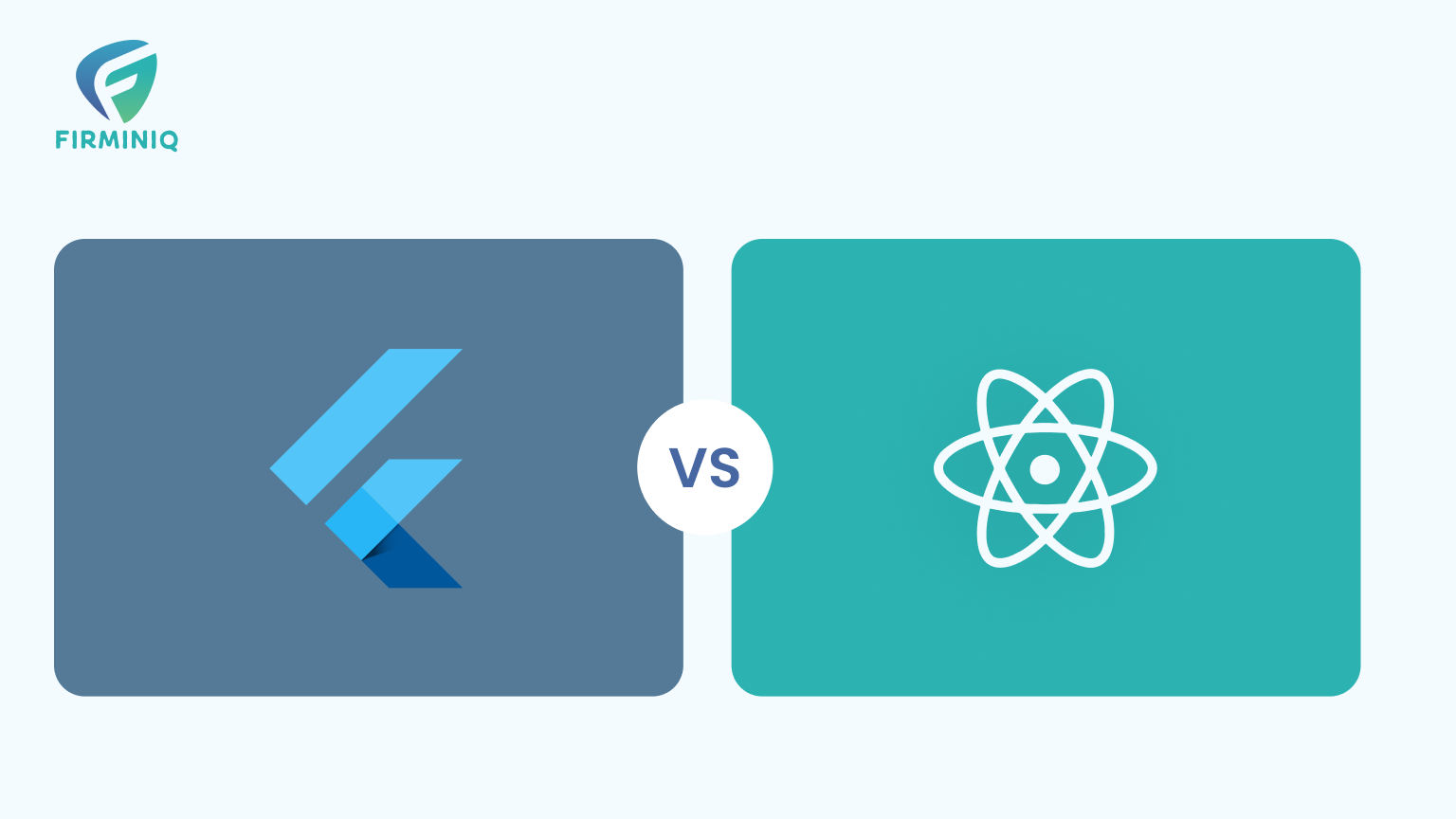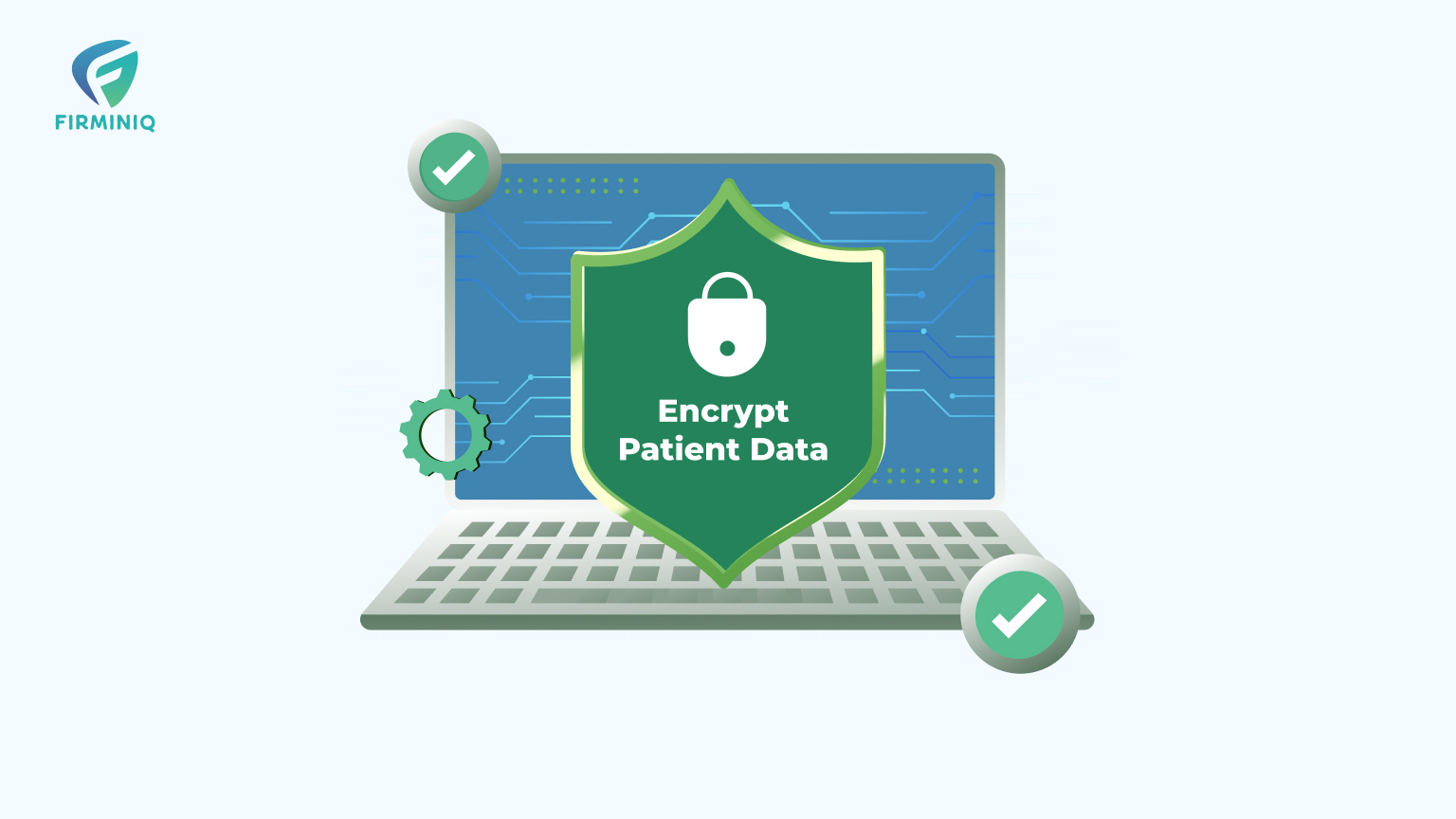Workplace stress is on the rise, bringing new challenges for employees. Chronic diseases such as hypertension, diabetes, obesity, and cardiovascular issues have become increasingly common due to modern work environments, poor dietary habits, and heightened stress levels.
As employees spend most of their time at the workplace with high-stress levels, organizations are realizing the importance of employee health, promoting the adoption of corporate wellness programs. These initiatives promote preventive care and support overall employee well-being. A key component of these wellness initiatives is Chronic Care Management (CCM), which proactively addresses chronic conditions among employees.
This post explores how integrating CCM with corporate wellness programs is beneficial for employees and organizations alike.
Managing Chronic Diseases: A Workplace Wellness Imperative
“Approximately one-half of young adults reported at least one chronic condition, with the most common being obesity (25.5%), depression (21.3%), and high blood pressure.”- CDC
The statistics depict that chronic conditions are no longer confined to older people; they affect the younger age group and working professionals which is a critical concern in the modern workplace. Long working hours, stress, competitive environments, and unhealthy nutrition patterns are a few factors contributing to the prevalence of chronic conditions. Here are a few key workplace chronic conditions and their causes.
Benefits of Integrating CCM into Corporate Wellness Programs
Integrating CCM in corporate wellness seamlessly addresses the employee’s challenges and helps drive measurable outcomes. Here are a few critical benefits.
1. Improved Health Outcomes for Employees
CCM within wellness programs helps manage chronic conditions like diabetes and hypertension through regular employee monitoring. Remote patient monitoring (RPM) and health screenings detect early warning signs, preventing complications.
2. Personalized Care Plans
Corporate wellness programs empowered with CCM prioritize personalized care that addresses the individual needs of employees. The personalized care plans are tailored to monitor the specific needs of employees.
Wellness programs enable employees to undergo regular health assessments, identify their risk levels for chronic conditions, and categorize individuals based on the urgency of care required. Based on the assessment, employees receive customized health plans like nutritional advice, exercise routine, mental health wellness, and medication management.
3. Reduced Healthcare Costs
Integrating CCM into corporate wellness programs drives significant cost savings for both employees and employers. Proactive monitoring and personalized healthcare plans allow employees to manage their conditions early while reducing the need for emergency care and hospitalizations.
When the employees are healthy, there are fewer claims related to disease management, leading to lower group insurance costs.
4. Enhanced Employee Engagement and Retention
Employees are likely to feel valued at organizations when employers prioritize their health. Integrating CCM with wellness programs creates a long-term investment in employee well-being, fostering a healthier and more supportive work culture. Employees feel valued and supported, which improves their relationship with the organization.
Challenges in Integrating CCM into Corporate Wellness Programs
While there are many benefits of integrating CCM in the wellness programs, it is vital to evaluate the challenges that organizations may face:
1. Higher Costs of Implementation
Implementing CCM within wellness programs often involves outsourcing services to specialized vendors who provide technologies like RPM devices, biometric screening, and telehealth platforms. While organizations do not directly purchase the devices or software, they incur higher costs as the addition of Chronic Care Management increases the overall package price of wellness programs.
2. Resource and Expertise Requirements
Besides financial investments, implementing CCM within corporate wellness programs requires significant resources and expertise to ensure it is effective. Teams need to work in synchronization to engage employees and drive measurable outcomes.
For organizations with a limited internal expertise, it can be a significant hurdle and may need careful planning and investments.
3. Data Privacy and Security Concerns
Implementing CCM with corporate wellness programs brings challenges related to data privacy and security, especially when it comes to handling sensitive employee health information. As CCM relies on technologies like RPM, telehealth, bio screening and others, a large volume of health data is generated. This creates a range of potential risks that organizations must address to maintain employee trust and comply with data protection regulations.
4. Employee Adoption Challenges
While wellness programs benefit employees, not all individuals may be willing to participate. Lack of awareness, perceived time commitments, or hesitancy to share health data can limit engagement and overall program effectiveness. Without active participation, the program’s effectiveness and return on investment are compromised.
5. Continuous Maintenance Requirements
Integrating CCM into corporate wellness programs is not a one-time-investment. It requires continuous effort, monitoring, updates and optimization to ensure a seamless process. Maintaining the program can be resource-intensive and needs ongoing commitment.
Epilogue
While integrating CCM within the corporate wellness programs offers significant benefits like improved health outcomes, reduced healthcare costs, and enhanced employee engagement, it comes with its own set of challenges for the corporates. To overcome these hurdles, organizations can consider outsourcing services to vendors who offer expertise in such programs, enabling seamless integration while reducing the burden on internal teams.
Addressing chronic conditions proactively is vital for organizations to foster a happier and healthier environment for employees. Whether it is through remote patient monitoring, personalized care plans, or mental health support, CCM within wellness programs bridges the gap between employee needs and organizational goals. Organizations that adopt this integrated approach see measurable improvements in employee well-being while fostering a positive workplace culture that boosts engagement, loyalty, and retention.








